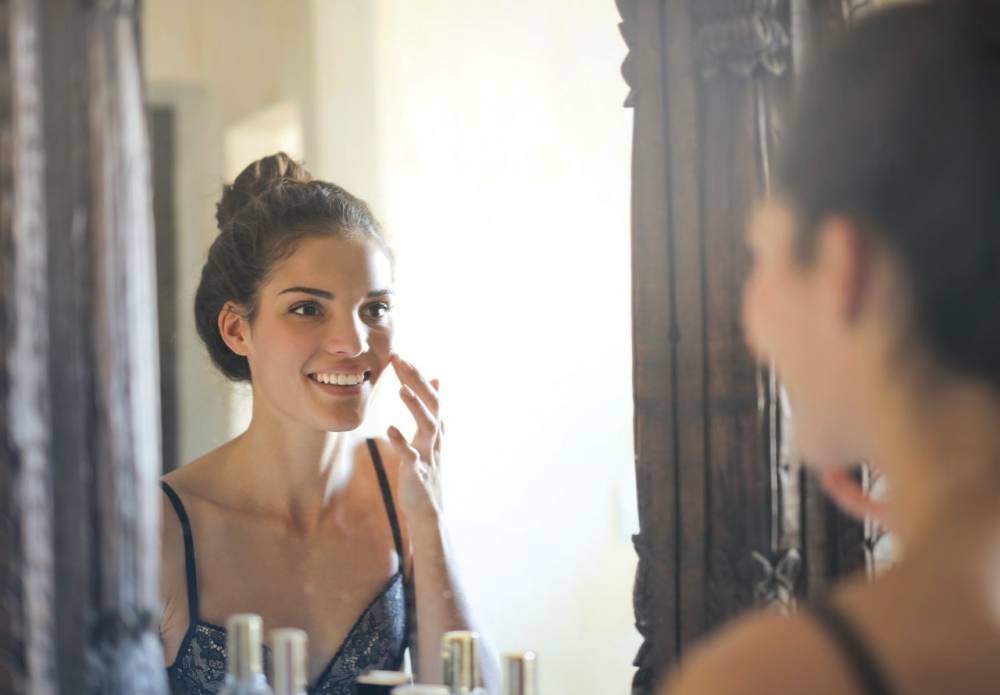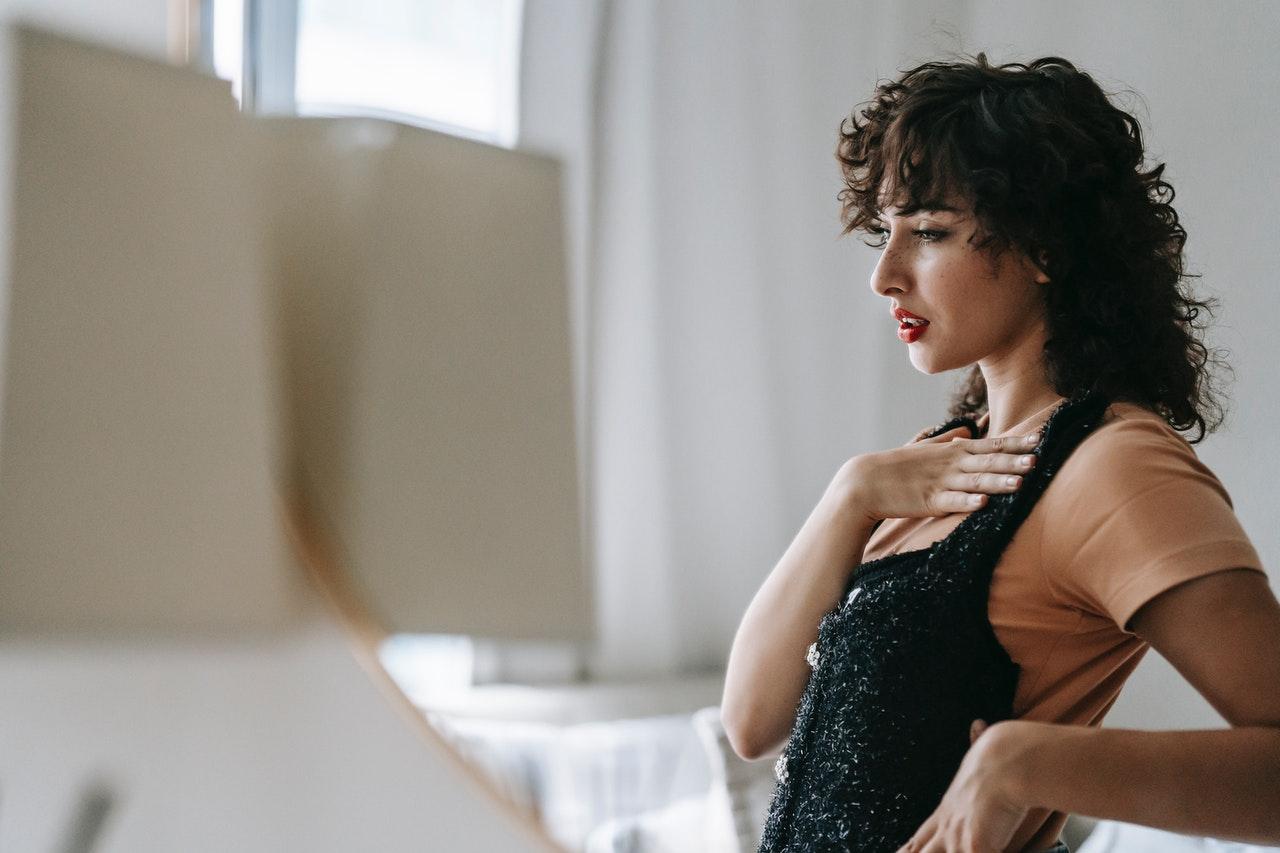
Am I Attractive? – Why You Really Need To Stop Worrying About Your Look

Most of us have questioned our looks one time or the other. Many look in the mirror for several minutes, then the question pops up: Am I attractive? Many people answer with an emphatic 'no', and that often starts moments of self-loathing and some level of depression. For this reason, we will be providing you with some unique tips on how to see yourself as more attractive.
From all indications, worrying about our looks is not healthy in any way. Firstly, we are hardly responsible for that, and there is very little or nothing we can do about it. Of course, we can make a few temporary changes, but they hardly bring any positive result in the long run.
Another good reason we need to worry less about what the mirror tells us about ourselves is that it often lies to us. Yes, looking in the mirror doesn't tell you exactly how attractive you are. It offers just a limited reflection of your appearance and leaves the rest to you. And we've come to know that most people judge their appearances harshly.
Dr. Gleb Tsipursky, a renewed psychologist, believes that we are all self-conscious. According to him, everyone has a natural tendency to judge their own appearance more harshly than they do others. Being self-conscious, we are more likely to see ourselves as far less attractive as others consider us to be.
But why such negativity about our looks? Many have blamed the media and the standard of beauty it projects on society. While there is an element of truth in this, it doesn't really explain why we judge ourselves more harshly than we judge others. Dr. Psipursky says there are two major reasons for this;
- Our looks are more important to us.
- We know our looks better than others do.
Since other people's looks do not really affect your life, we pay less attention to them. In contrast, we are very much aware of how we look because it is part of us and affects our lives in many ways. Again, we know our looks better than others, and will pay more attention to ourselves than we will pay to others. It is easier to notice our flaws faster, and most of us will not bother to notice others’ flaws.
But why do most of us pay more attention to our bad points than our good points? Psychologists have an interesting answer that is best captured by a theory called “loss aversion.”
Loss Aversion: Psychological Answer to Why You Judge Your Appearance More Harshly

According to the theory of Loss Aversion, humans hate losing more than we love winning. This is simple and understandable.
To explain the point clearly, Gleb Tsipursky offers a simple illustration. He demonstrated that people are more likely to forfeit the chances to win more money if there is a decent chance that they can lose some of the money they currently have. On the other hand, if there is no chance of losing, everyone will do what it takes to stand a chance to win more money.
What does that tell you? Losing hurts us even more than winning excites us. But how does that apply to how we judge our looks?
It is still a direct relationship. Since we are more afraid of what could make us lose in terms of our looks, we pay more attention to them than the things that could make us win. Because of that, we see more of our flaws than our strong points.
According to Tsipursky, we check all our flaws when we look in the mirror and pay attention to a few strong points. This is in contrast to the balanced beauty assessment we give others when we look at them, physically or otherwise. There is always a strong “attention bias” when we look ourselves in the mirror that we often fail to judge ourselves fairly and declare whether we are attractive or not.
Achieving A More Balanced View of Yourself
Knowing that the way you judge yourself after looking at the mirror is mostly floored, how can you be a little fairer to yourself? Psychologists have a few suggestions for everyone:
Understand That People Judge Your Look More Favorably
We can all agree that people will find you more attractive than you find yourself. Of course, they will have a more balanced beauty assessment of you, and that always means you will be more attractive than you realize.
Looks Are Not As Important As You Think
It is natural to be curious about how attractive you are, but the truth is that it hardly matters in the scheme of things. In almost every instance, the quality of relationships does not depend on the attractiveness of the parties involved.
Some high-profile studies have found that attractiveness is not as influential as many of us believe it is. In almost every instance, attractiveness has no bearing at all on relationship satisfaction. Again, people have a wide range of different ideas about what is attractive.
Ways to Become Attractive Without Focusing On Your Looks
You can become more attractive without thinking about your looks. Here are some of the fool-proof ways to do that:
- Be funny
- Make good friends and keep them
- Develop your leadership skills and become a leader
- Skip the small-talk
- Smile more
- Get a pet and nurture it lovingly
- Be nice and treat others with respect
- Play an instrument
- Be confident.
Conclusion
Looking good is important. Looking attractive is cool. But that does not always determine the quality of relationships you will have. You don’t have to bother much about how you look as you will never be fair to yourself. Instead of focusing on your looks and killing your self-confidence, understand that your appearance is not the only way to become more attractive.
When you become more confident and take the tips above seriously, you will become more attractive to those that matter in your life and hopefully improve the quality of your relationships.













